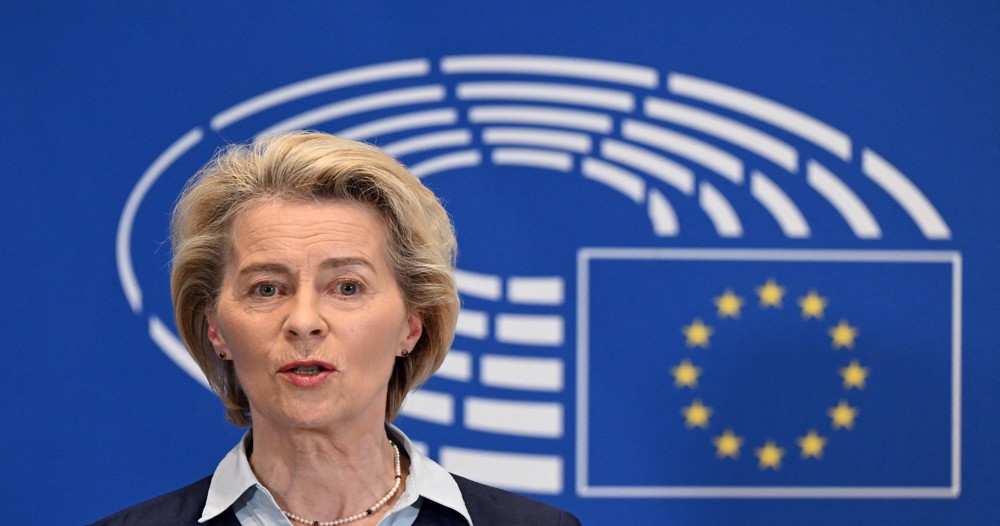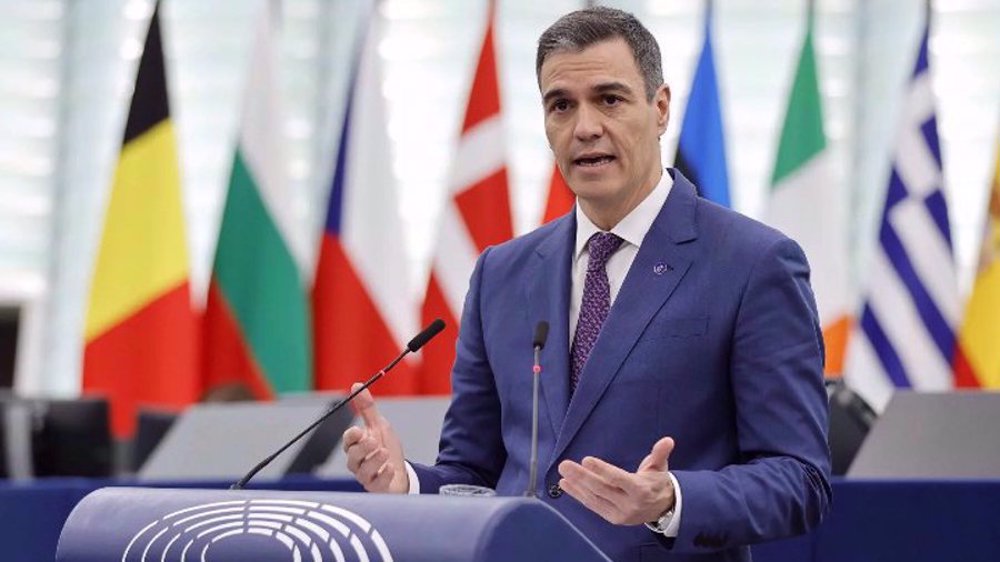Controversial EU border ‘lie detector’ put to test in Hungary, Greece and Latvia
The European Union-funded IBORDERCTRL project has begun testing its “smart lie-detection systems” at EU borders in Hungary, Greece and Latvia, despite concerns raised regarding their effectiveness.
Before launching the six-month trial of the systems on Thursday, the European Commission released a statement detailing how the automated controls will work explaining that the "system has been set up so that travelers will use an online application to upload pictures of their passport, visa and proof of funds, then use a webcam to answer questions from a computer-animated border guard, personalized to the traveler’s gender, ethnicity and language.”
The system will then check the validity of the traveler’s information based on their facial “micro-expressions”, marking potentially lying travelers as a “risk” that have to be put through more detailed examinations by further automated and ultimately manual border checks.
Project coordinator George Boultadakis believes the systems face an optimistic market opportunity based on Europe's fragile and overloaded immigration situation, adding that "the global maritime and border security market is growing fast in light of the alarming terror threats and increasing terror attacks taking place on European Union soil, and the migration crisis.”
Developers, however, do not deny possibly false detections, admitting that the systems currently have a success rate of no more than 76 percent, but that they remain “quite confident” that the new examinations can help them raise the system’s accuracy to 85 percent.
The persistent margin of failure in lie detection has, however, led to concerns among experts and civil liberties groups about the effectiveness of the system.
Senior University of Amsterdam lecturer in forensic psychology Bruno Verschuere affirms that “non-verbal signals, such as micro-expressions, really do not say anything about whether someone is lying or not,” speaking to the Dutch newspaper De Volskran.
Furthermore, Bennett Kleinberg, University College London data science professor, believes that the lie-detecting technologies “can lead to the implementation of a pseudoscientific border control.”
Moreover, some observers have criticized what they see as potentially authoritarian and subversive implications of the automated lie-detecting systems by government bodies.
Iran’s response to Israel will be ‘immediate, at maximum level’: FM
Gaza: No place for children
Voters begin casting ballots in weeks-long election in India
Venezuela slams US over reimposition of 'criminal' oil sanctions
April 18: ‘Axis of Resistance’ operations against Israeli occupation
Blinken ignoring staff recommendation to cut US aid to Israel: Report
Report: Israeli warplanes bomb positions in southwestern Syria, Iraq
US forces smuggle stolen Syrian oil into bases in Iraq: Report










 This makes it easy to access the Press TV website
This makes it easy to access the Press TV website